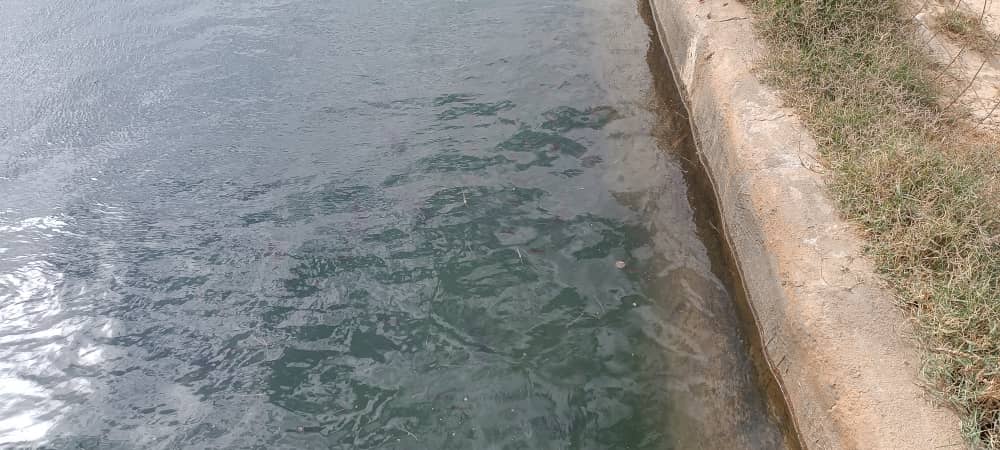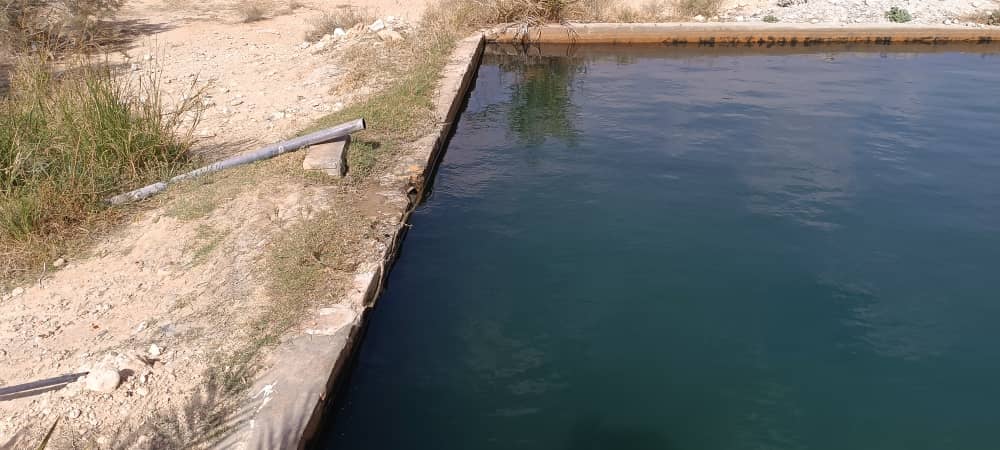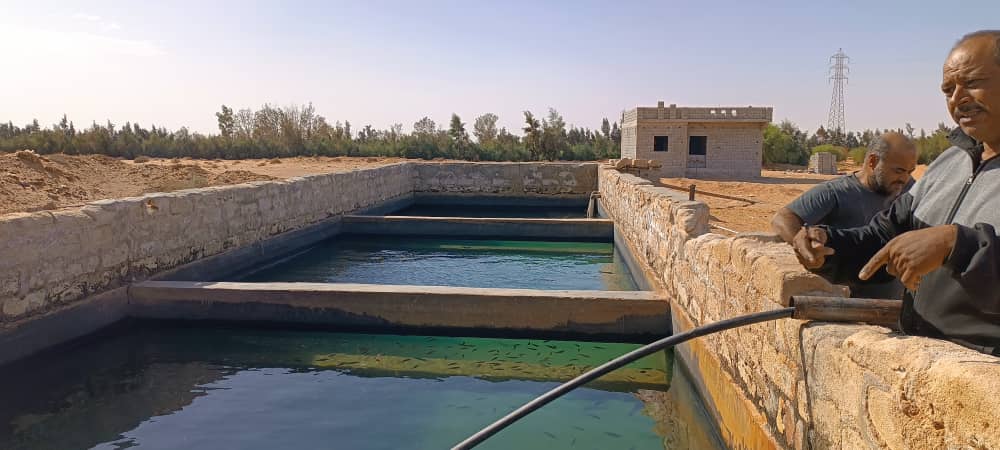Problems and difficulties facing aquaculture (fisheries) in Libya
In order to develop sustainable development of aquaculture in Libya and to enhance its role in achieving food security and contributing to development in the comprehensive economy, it is necessary to identify the imbalances that led to the faltering of the sector throughout those previous decades in the following points, without going into the details needed by each of these points:
01.
The absence of real political will to develop the aquaculture (fish) sector in Libya, and the lack of legislation that has become inconsistent with the times and has not developed.
02.
Weak institutional frameworks related to the aquaculture sector.
03.
The significant decline in the efficiency of using natural and economic resources, whether at the level of public projects or on level of special projects.
04.
Weak administrative and technical cadres and the absence of training and rehabilitation programs
05.
Poor joint integration with relevant institutions such as the Environment Public Authority, the Public Authority for Water, and the Ministry of Agriculture The Ministry of Labour, the Ministry of Economy, the Ministry of Local Government, local and international interest organizations, and others.
06.
Neglecting national projects and leaving them to collapse, assault or plunder without taking any measures to exploit them for proper optimization or protection.
07.
Weak marketing programs and the absence of mechanisms to protect and encourage local products.
08.
Weak funding programs, their differences and incompatibility with the needs and requirements of the development of the aquaculture sector, and the absence of programs that encourage local investors to invest in aquaculture.
09.
Weakness and fragmentation of the role of the private sector, and a clear absence of sound mechanisms to involve it effectively in the development of aquaculture
10.
Weak guidance and extension programs, as many private farms stopped as a result of technical errors and the absence of communication mechanisms between the Ministry of Agriculture and farmers.
11.
The complete absence of data and information that affects the efficiency of planning and decision-making processes.
12.
Weak investment performance, and the absence of responsible (directed) investment principles in public goods such as technology, development, education and rural infrastructure, and the absence of actual investment requirements (whether investment domestic or foreign).
13.
Lack of interest in developing research systems, not linking them to development programs, and neglecting the transfer and localization of the technology that came with research and development programs.
Presenting bottlenecks and problems transparently is the first step to solving them. Denying or ignoring them will lead to their exacerbation and consequently more complexity to solve. Based on that, the strategy through which we try to reach to the established vision, the national aquaculture project in Libya has taken into account these points, and the project will have a major role in resolving these problems and developing appropriate and feasible alternatives. In general, the idea of establishing a national project for fish farming aquaculture is an expression of the real political will of those in charge of marine and fish wealth. The response to resolving these issues will be through taking a number of measures In parallel and successive contexts according to priority and applicability and in line with. The tasks specified for the project in its establishment decision.




